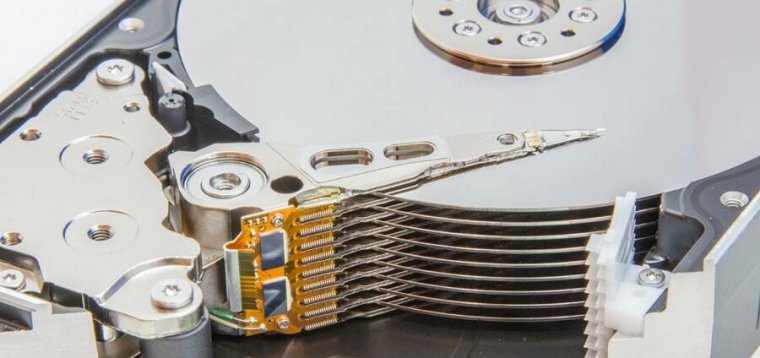Western Digital releases new 18TB, 20TB EAMR drives

Enlarge / This cutaway view of a Western Digital 18TB Gold drive shows off its nine platters and triple-stage actuators. (credit: Western Digital)
Earlier this month, Western Digital announced retail availability of its Gold 16TB and 18TB CMR drives, as well as an upcoming 20TB Ultrastar SMR drive. These nine-platter disks are the largest individual hard drives widely available today.
Earlier this year, rival drive vendor Seagate promised to deliver 18TB and 20TB drives in 2020, but they have not yet materialized in retail channels. Seagate's largest drives, like Western Digital's, needed a new technology to overcome the Magnetic Recording Trilemma—but Western Digital's EAMR is considerably less-exotic than the HAMR (Heat Assisted Magnetic Recording) used by Seagate. That more conservative approach likely helped Western Digital beat its rival to market.
Understanding the Magnetic Recording Trilemma
The maximum usable data density on a magnetic recording device is limited by three competing factors. Magnetic coercivity—the strength of magnetic field required to demagnetize a domain—must be high enough to prevent the separately recorded grains from influencing one another and corrupting data. The field strength of the write head must be high enough to overcome the coercivity of the medium. Finally, the size of the field generated by the write head must be small enough so as not to overwrite adjacent areas.
Read 19 remaining paragraphs | Comments
from Tech – Ars Technica https://ift.tt/2ZActR3
Comments
Post a Comment